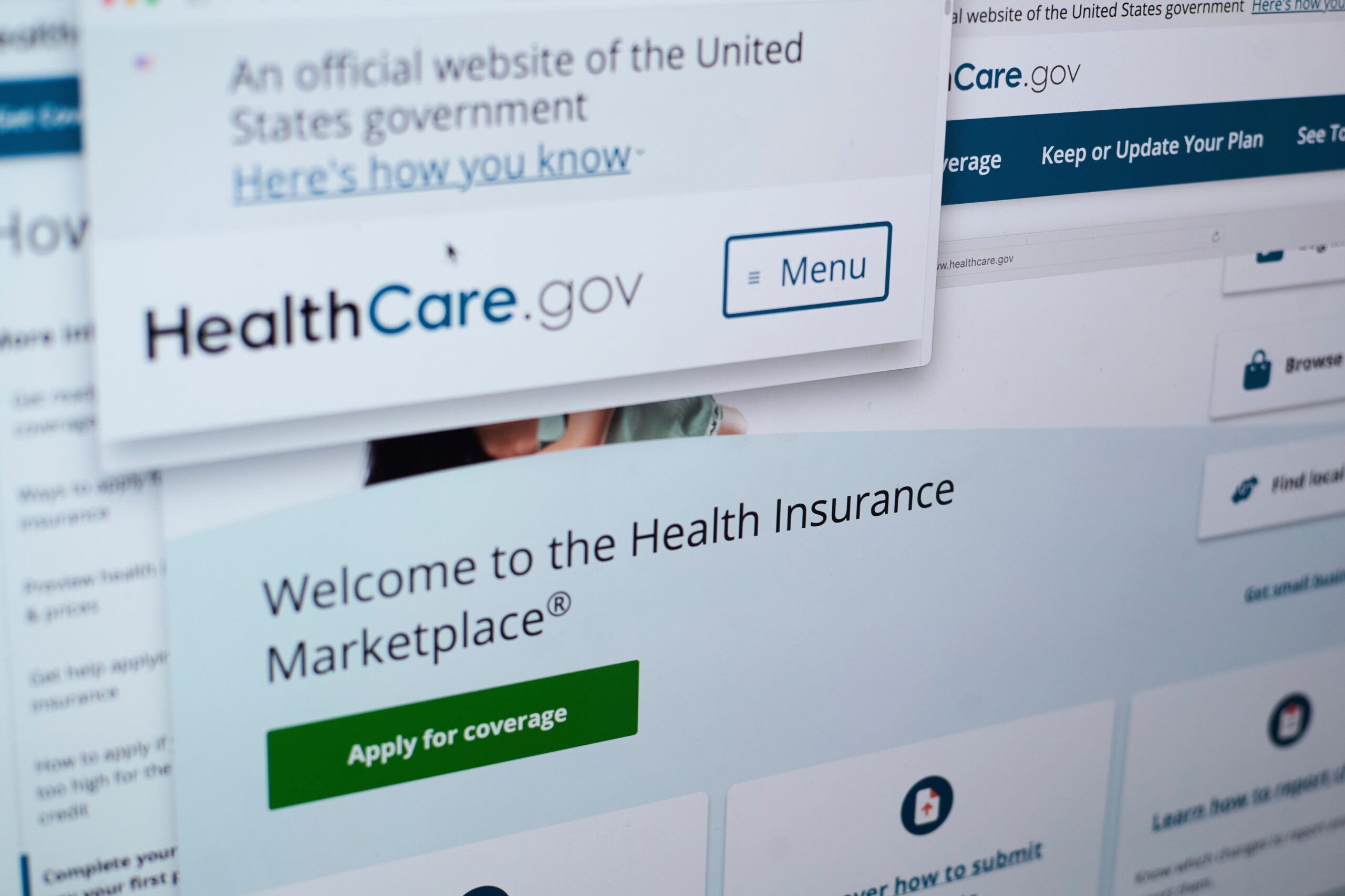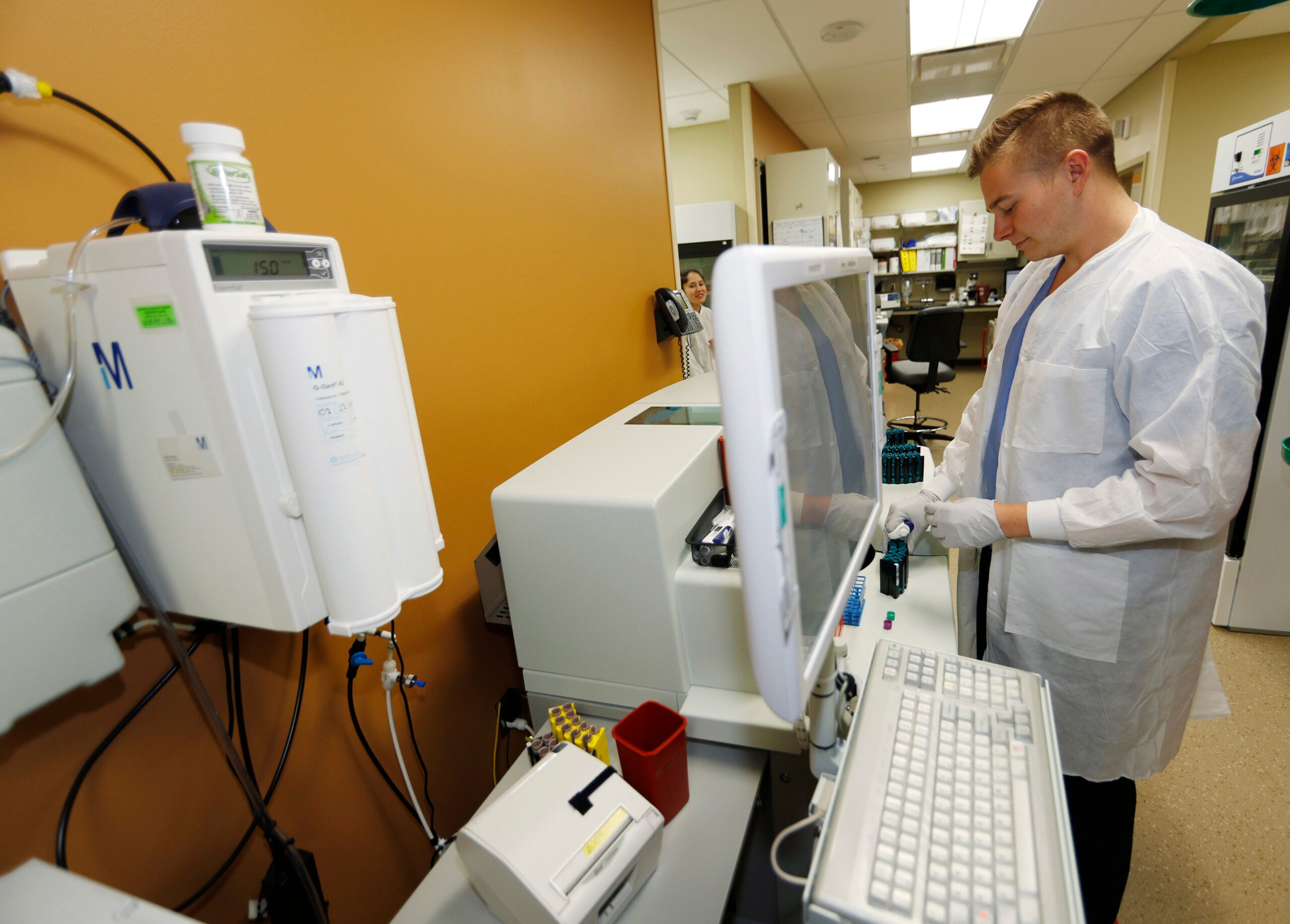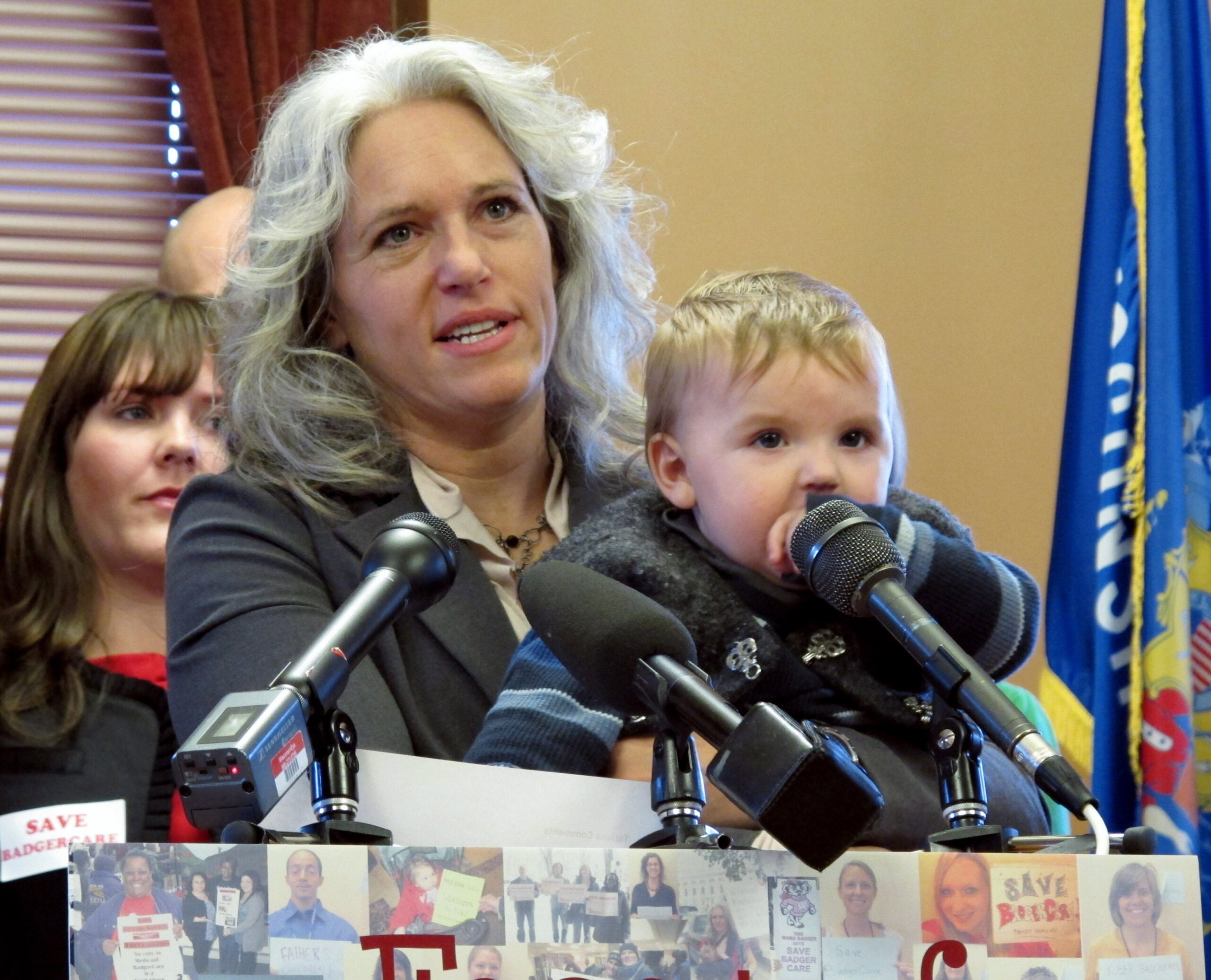Medicaid expansion in Wisconsin — a topic of frequent partisan battles in the state Legislature — would save the state some $1.7 billion over the next two years, according to a new report from the Wisconsin Policy Forum.
The study finds that, because of the amount of state tax money that currently goes toward public health insurance for low-income people, expanding Medicaid through the federal Affordable Care Act would save money while shifting some eligible Wisconsinites into better coverage options.
At the same time, however, health care providers and insurers would no longer benefit from ACA tax credits, and some providers could see their reimbursements reduced if Medicaid-eligible Wisconsinites shift from private, marketplace plans into the all-public Medicaid system.
News with a little more humanity
WPR’s “Wisconsin Today” newsletter keeps you connected to the state you love without feeling overwhelmed. No paywall. No agenda. No corporate filter.
Wisconsin is one of 10 states that has not expanded Medicaid under the ACA, and is considered the bluest state to avoid expansion. The topic has long been a source of partisan battles in Wisconsin. Democrats, including Gov. Tony Evers, have advocated for it, while Assembly Speaker Robin Vos, R-Rochester, has said he will never support it.
If Wisconsin were to expand Medicaid, the study finds, up to about 90,000 Wisconsinites could be affected — the lowest number of new enrollees of the 10 non-expanded states. That’s partly because about half of all Medicaid-eligible Wisconsinites already have coverage.
The study suggests that some portion of the savings could go toward increasing Medicaid reimbursement for providers
Evers has proposed expanding Medicaid in each of his biennial budgets since taking office in 2019. Republicans, who control the Legislature and the Joint Finance Committee which ultimately rewrites the state budget, nix that proposal each time.
Vos, who oversees which legislation makes it to the floor of the Assembly, has said that Medicaid expansion will never happen on his watch. He argues Wisconsin’s existing BadgerCare program covers the state’s poorest citizens, rendering Medicaid expansion unnecessary.
The ACA, sometimes referred to as Obamacare, passed in 2010 during the first term of former President Barack Obama.
It offers federal incentives to states that expand Medicaid access to families earning up to 138 percent of the federal poverty level, or about $35,632 for a family of three.
According to the Policy Forum report, Republican Gov. Scott Walker enacted a state-level approach to public health insurance for low-income people. Rather than expand coverage through the ACA, Walker lowered the income threshold for eligibility, and made it so that some low-income people could buy subsidized private insurance.
The state Department of Health Services has previously found that Medicaid expansion would broaden coverage access to roughly 89,700 additional people in Wisconsin. The Forum report suggests that number is between 72,000 and 90,900, and that rural Wisconsinites would disproportionately benefit.
That represents an increase of 7 to 9 percent participation. Only about 23,000 Wisconsinites would go from no coverage to having coverage under this change.
Wisconsin Public Radio, © Copyright 2026, Board of Regents of the University of Wisconsin System and Wisconsin Educational Communications Board.







